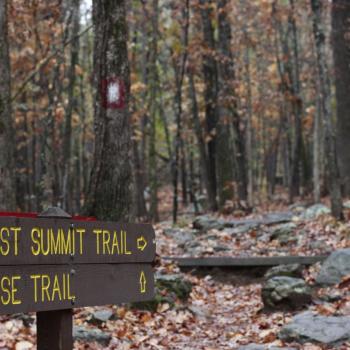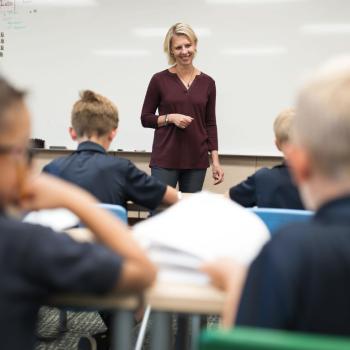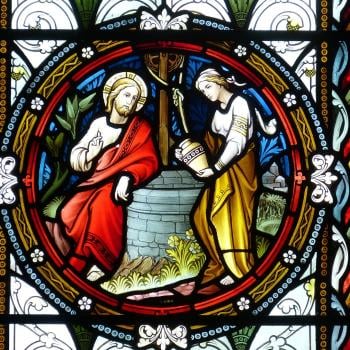I can't find it in my soul to practice hope because I have never learned to mourn the loss of hope, the loss of God. But I take heart in echoing the psalmist's quietly tragic hope for a better future in today's reading. The poet writes that, when life finally brightened and God returned, "we were like those who dream," as if they could not, on their own, dream those dreams themselves. The most they could manage was to be like those who dream; they could not yet be the dreamers of dreams, the seers of the promised gracious Reign of God. And, for that moment, it was enough to simply be like those who still could dream. For them and for me, that small, fragile step might just be the beginning of the long process of learning the practice of hope.
Ultimately, if we aim to continue in the ways of Christ, we must develop the discipline of hope. But hope is a volatile business and a difficult practice in our world. When we resist hope, we resist the second comings of Christ, the returns of God, toward which Advent calls us. But that is not all. When we resist hope, we also resist being disappointed with God. And we will be disappointed, make no mistake. Our hope in God, if not God, will fail. To truly develop the practice of hope, we must confront and embrace this disillusionment with God, the failures of God, the long delay of God, the absence of God. Unless we do, we are condemning ourselves to delusional saccharine spirituality, a false hope that will wither in times of anguish, turmoil, and loss. But a hope that also can mourn the loss of hope is a beginning of a deeply centered Christian practice. And if we can manage to endure and mourn the loss of hope in God and in ourselves, perhaps then we can begin the process, like Abraham and Sarah, of hoping against all hope.
As we move toward a spiritual practice of hope, we will accept with courage the risk of disappointment and the failure of God. Eventually, after practice, perhaps we will learn, like Candide, to move away from simple hope and toward a generous embrace of our failed hopes, seeing them not as experiences to resist but as an opening to a path for us to embody hope, to incarnate for others the hope that failed us.
In the face of isolation, pain, doubt, and the failure of hope, Candide at long last shrugs off the hope that he lived in the best of all possible worlds. But he moves beyond the failure of hope and lets go completely of his guiding optimistic belief that all is for the best in the best of all possible worlds. And in doing so he begins to become the hope of the world.
In the end, Candide decides that the question of whether he lives in the best of all possible worlds is moot. It does not matter if this is best of all possible worlds, if there is reason to hope that all will work out for good, if God will return with good news. Instead what matters is that this is the only possible world, and we only get one chance to live in it. And in this one and only world, Candide tells us, we must cultivate our gardens.
And it is hard to resist hope in a garden where we are sowing with dirty hands the seeds of the good news, the seeds of hope.




